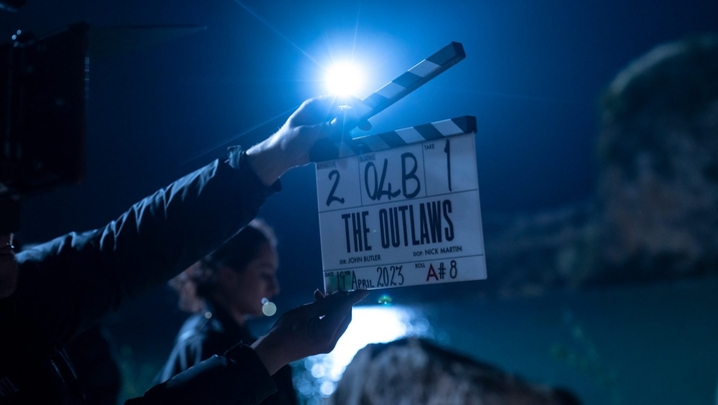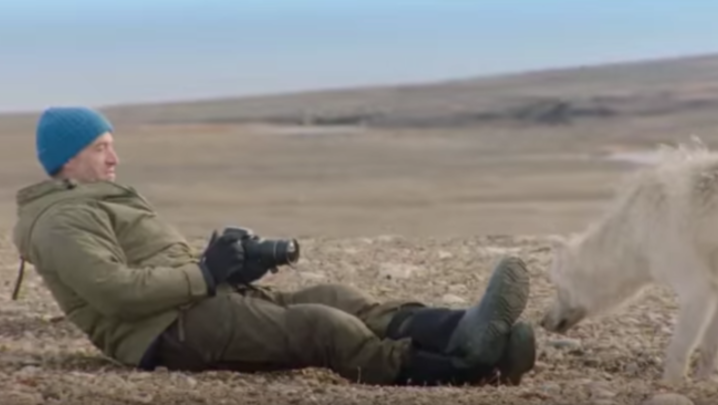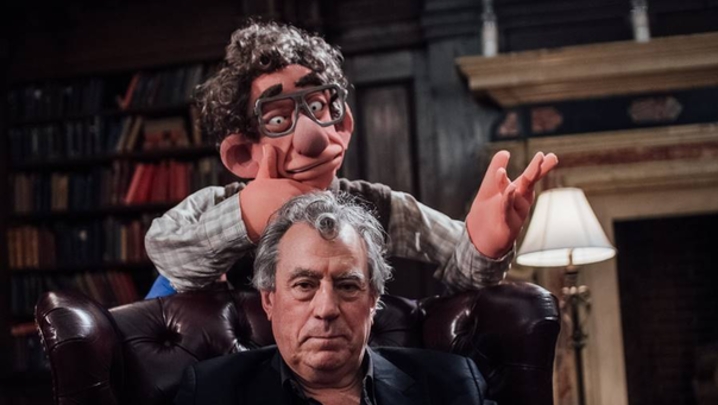The bad news for Lisa Holdsworth, en route to addressing a Bristol Centre meeting, was that her train had no internet access; the good news was that she could spend the time writing an extra two pages of the current script. Lisa's talk, attended by local university students as well as RTS members, was peppered with such practical insights into the modern TV writer's day. You'll have seen and heard Lisa's work on Waterloo Rd, or New Tricks, or Robin Hood, or previously on Emmerdale (of which she has written 40 episodes). It's a busy life, working to deadlines - no surprises there, but the job of TV writing has its own technicalities, as Lisa described the processes of storylining, script conferences, 'A' and 'B' stories, and of course rewriting.
Lisa reckons the traditional 3-act play has grown into 5 acts for TV – with a pre-titles introductory scene, and a coda (usually light-hearted, eg 'New Tricks). One new term that entered the audience's notebooks was the 'dingle' – short scenes to be found, of course, in 'Emmerdale'.
Her own career progression was through being PA to a busy Script Editor/Producer, with her first break being commissioned to write a stand-alone edition of 'Fat Friends'. Lisa believed that it was essential for a writer to be 'grounded in practicalities' when it comes to writing scenes that will make it to air! (Although this didn't prevent her introducing lions to a recent episode of Robin Hood.) As far as she is concerned, a programme begins and ends with the writer – actors may give '200%' and usually do, but she's strict about script directions (despite never attending on set).
The good sides of a writer's life: being her own boss, writing at 5am if necessary; talking about ideas with creative teams; the company of other writers. In the debit column: deadlines, having to work at last minute; the solitary nature of writing; the opportunity for procrastination. Her answer to the inevitable requests for advice: visit the online BBC Writers' Room; join the Writers' Guild, and when commissioned, get a good agent!








